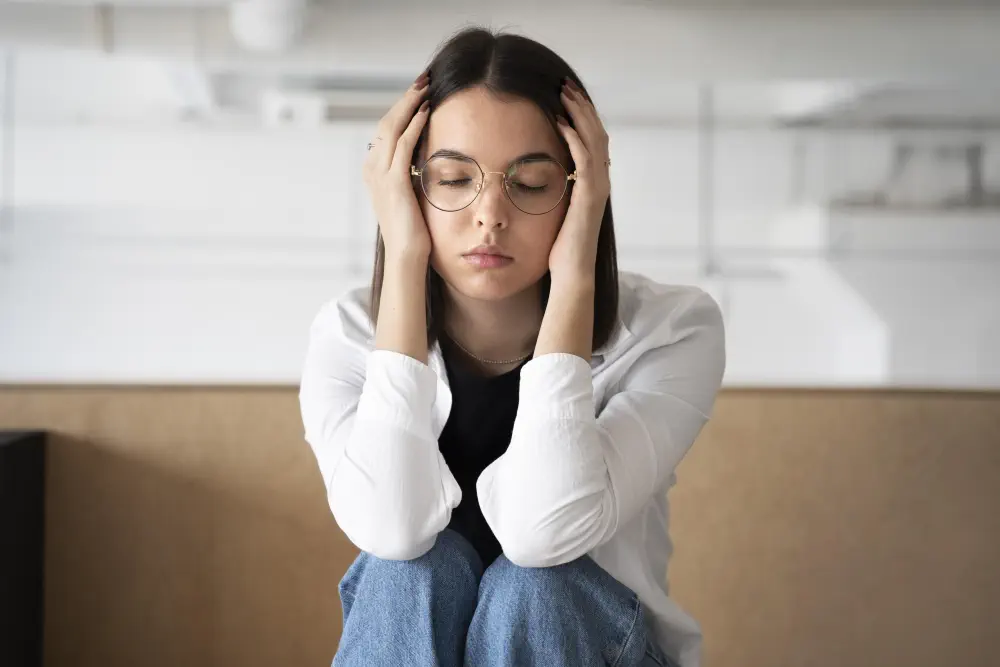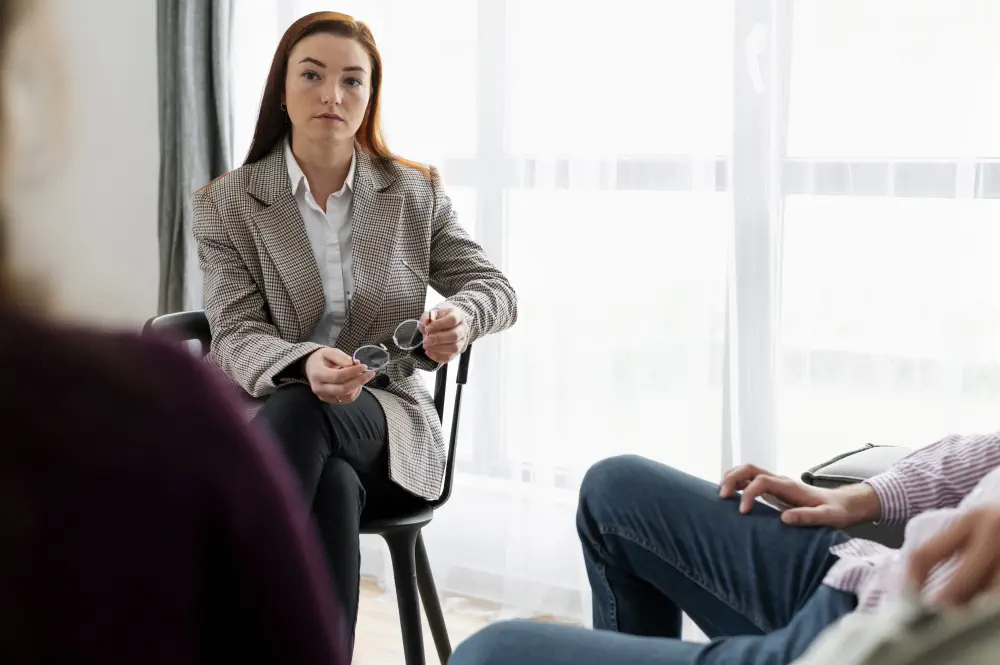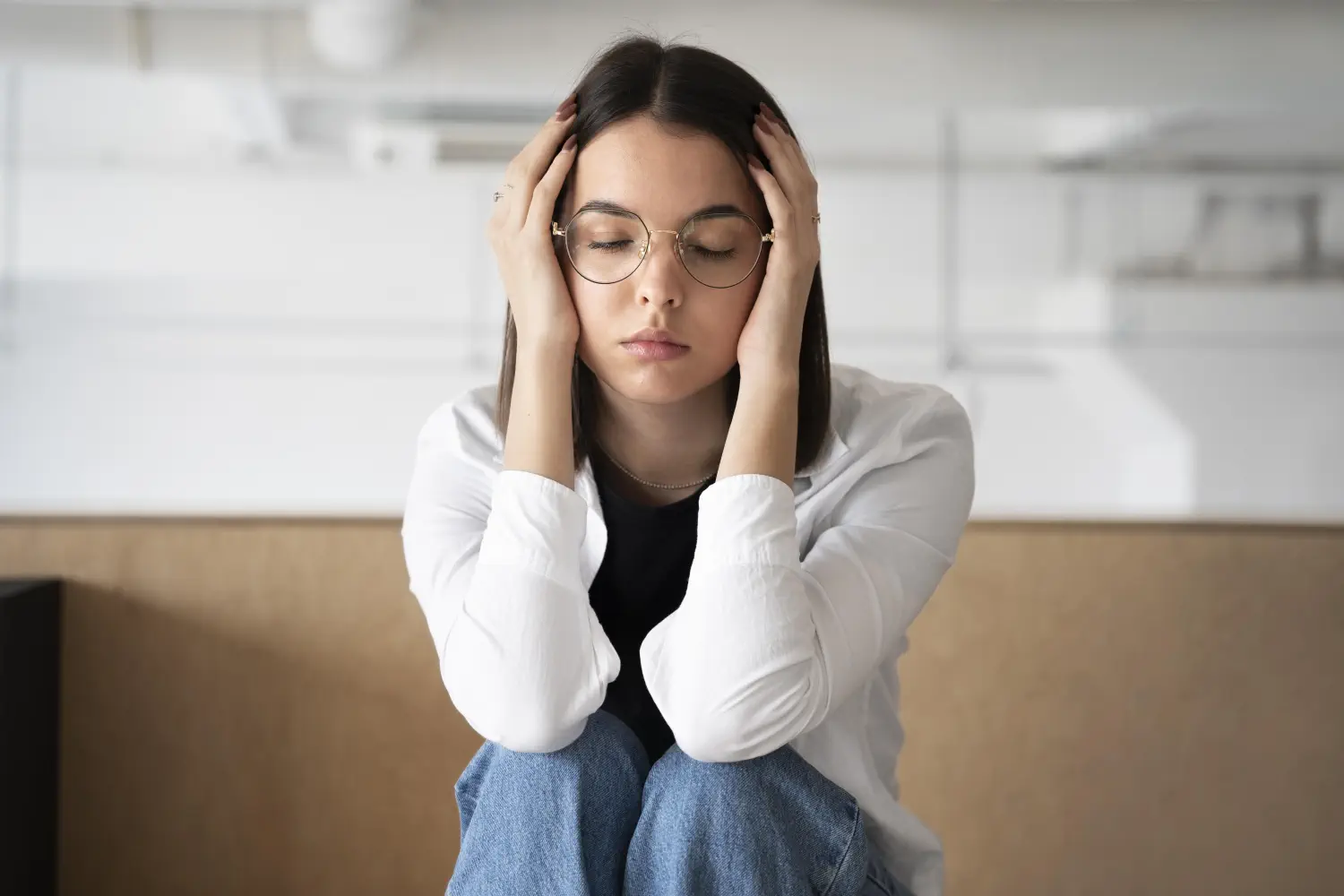We offer medical detox and multiple addiction treatment options in our
luxury treatment centres in Port Hope, Cobourg, and Ottawa.
What to Avoid When Taking Naltrexone Treatment
The critical use of the drug naltrexone is within the remedy of alcoholism and opiate dependency. It is intended to prevent these medications' euphoric consequences and lessen the cravings they cause. It's vital to understand what not to do whilst taking Naltrexone to maximize benefits and decrease risks.
Key Takeaways
- Naltrexone is basically used to deal with opioid and alcohol dependence inside comprehensive addiction remedy plans.
- In decreased doses, naltrexone is explored for treating autoimmune diseases, chronic pain, and some kinds of cancers by modulating immunity.
- Naltrexone is most effective whilst blended with counseling and psychiatric assistance in a treatment plan.
- Complete opioid detoxification is needed earlier than starting naltrexone to prevent extreme withdrawal signs.

What is the drug naltrexone?
One of the most important elements of addiction treatment plans is naltrexone, which is used to treat alcohol and opioid dependence. This drug functions as an opioid antagonist, which means that it attaches to and inhibits the brain's opioid receptors, which are in charge of producing the pleasurable effects of opioid use and, to a lesser extent, alcohol intake.
Mechanism of Action in the Naltrexone Treatment
Naltrexone blocks opioids from producing their euphoric effects by attaching themselves to receptors of opioids without activating them. By diminishing the enjoyment that these narcotics provide as well as the general craving, this blockage aids humans on their journey towards healing. Naltrexone can lessen the endorphin-mediated pleasure that alcohol presents, which can assist people who are battling alcoholism in reducing their consumption habits.
How does naltrexone work?
When naltrexone is administered at a dosage of between 1/2 and 1/4 of the usual dosage for treating addiction, it is referred to as low-dose naltrexone or LDN. This lower dosage is being investigated for its potential to treat a variety of inflammatory and autoimmune disorders, chronic pain, and specific malignancies. Low-dose naltrexone is also used to control the immune system. LDN is believed to cause an increase in endorphin and enkephalin production early in the day by temporarily blocking opioid receptors, which can improve the body's natural pain relief and immunological regulation.
Important Information for Patients
Patients need to contact their doctor regarding any present medical situations or drugs they are receiving before beginning naltrexone treatment. Since naltrexone can cause excessive withdrawal signs, it isn't recommended for those who are still taking opioids. It also can interact with different materials. To prevent side effects and guarantee that naltrexone is safe and powerful for the patient's specific situation, adequate medical assistance is crucial.

How to Handle Withdrawal Symptoms
While naltrexone doesn't immediately cure opioid withdrawal symptoms, its ability to block opioid receptors can help people who have already undergone detoxification avoid relapsing. Naltrexone reduces the pleasurable effects of opioids, which reduces the likelihood that a person may resume opioid usage while in recovery. It is recommended that patients follow a thorough treatment plan that includes receiving additional medical and therapy help for withdrawal symptoms.
What is naltrexone used for?
Overview of Naltrexone Use
Naltrexone is frequently included in all-encompassing treatment programs for addiction to opioids and alcoholism. This drug, which is essential to the treatment of addiction, is given under the supervision of medical professionals.
The Function of Low Dose Naltrexone
The potential of low dosage naltrexone (LDN) to treat a range of disorders outside addiction, including autoimmune diseases and chronic pain, has drawn increasing attention. Studies has shown that when naltrexone is used at lower dosages, it modulates the immune system and reduces inflammation, which has therapeutic effects for a variety of medical conditions.
Naltrexone Treatment for Opioid Addiction
Because it reduces the symptoms of opioid withdrawal, naltrexone is an important tool in the fight against opioid addiction. It reduces cravings and stops the euphoric effects of opioid use by blocking opioid receptors in the brain. This works especially well for keeping sober following the initial detox phase.

Starting Naltrexone: What Patients Need to Know
It is imperative that patients undergo full opioid detoxification prior to beginning naltrexone treatment. In order to prevent severe withdrawal symptoms from occurring from administering naltrexone too early, healthcare providers must make sure that no opioids remain in the body. A comprehensive evaluation by medical specialists is part of this preparation to ascertain when to start naltrexone treatment.
Naltrexone in Opioid Treatment Programs
When naltrexone is taken together with a radical remedy plan that includes counseling and psychiatric aid, it really works well. A successful restoration from addiction requires addressing the psychological factors of the hassle. These remedy plans are created by clinical specialists to provide patients with complete care that is tailor-made to their particular desires. The leading cause the drug is prescribed is to assist people who are addicted to alcohol or opioids in stopping their use of these substances. Because of its effectiveness in lowering cravings and preventing relapses, it's miles a mainstay of healing regimens for the remedy of addiction.
In order to forestall opioids from activating brain opioid receptors, naltrexone binds to these receptors competitively. This mechanism ALSO in the remedy of alcohol dependency by lowering the satisfaction that comes from ingesting alcohol in addition to coping with opiate addiction.
What to Avoid When Taking Naltrexone
One useful drug that is mostly used to treat alcohol and opioid dependency is naltrexone. To guarantee the safety and effectiveness of naltrexone treatment, it is important to know what substances and activities to avoid when prescribed. These are the main points to remember, to understand what to avoid when taking naltrexone:
Alcohol
The treatment of alcoholism is one of naltrexone's main applications. Although naltrexone lessens the desire to drink alcohol, it is strongly advised against drinking throughout therapy. Alcohol might worsen side effects and reduce the medication's effectiveness.
Opioids
Taking opioids in any form while taking naltrexone can be extremely harmful and useless because naltrexone blocks opioid receptors. Since the drug's purpose is to stop opioids from having enjoyable side effects, abusing opioids can result in severe withdrawal symptoms or other health problems.
Specific Drugs
Inform your doctor about all of the medications you use, including prescription, over-the-counter, and herbal supplements, before beginning naltrexone therapy. Many drugs and naltrexone may interact, changing the medication's effects or causing more negative effects. Medication that also affects opioid receptors or is metabolized by the liver should be used with extra care.
Operating and Manipulating Equipment
During the early phases of treatment, naltrexone side effects, including blurred vision, sleepiness, and dizziness, are common. It is best to wait until you are certain of how medication may impact your ability to drive and operate heavy machinery before engaging in these activities.
Sudden Cessation of Medication
Abruptly stopping naltrexone medicinal drugs could cause cravings and opioid withdrawal signs and symptoms to flare up again. Before making any modifications in your prescription regimen, which includes quitting naltrexone, continually get advice from your healthcare company. In order to prevent bad outcomes, a progressive taper can be required.
Supplements with Herbs
Interactions between naltrexone and certain natural supplements may also produce bad results or reduce the healing efficacy. Consult your healthcare doctor before taking any supplements to ensure they're safe to take in addition to naltrexone.
In the treatment of both opioid use disorder and alcohol use disorder, naltrexone plays a pivotal role by targeting opioid receptors to curb cravings and block the pleasurable effects associated with these substances. It's an invaluable tool in the fight against dependency on opioids and illicit drugs, offering a pathway to recovery that mitigates the risk of sudden withdrawal symptoms and promotes long-term abstinence.

While naltrexone is not used to treat pain directly, it helps to address the challenges faced by individuals who might otherwise rely on opioid analgesics, which carry their own risks of dependency and adverse effects. By understanding and respecting the guidelines for naltrexone use, patients and healthcare providers can work together to manage these disorders effectively, contributing to safer, healthier recovery outcomes. This collaborative approach ensures that naltrexone is used optimally, maximizing its benefits while minimizing risks.
FAQ
What is naltrexone used for?
Naltrexone is primarily prescribed for treating alcohol and opioid dependence. It helps reduce cravings and the pleasurable effects associated with these substances, aiding in recovery.
How does naltrexone work?
Naltrexone is an opioid antagonist, meaning it blocks opioid receptors in the brain, preventing opioids and, to a lesser extent, alcohol from producing euphoric effects.
Who should not take naltrexone?
Naltrexone is not suitable for individuals who are still using opioids, as it can trigger severe withdrawal symptoms. It’s also important to avoid if there are any known allergies to the drug.






